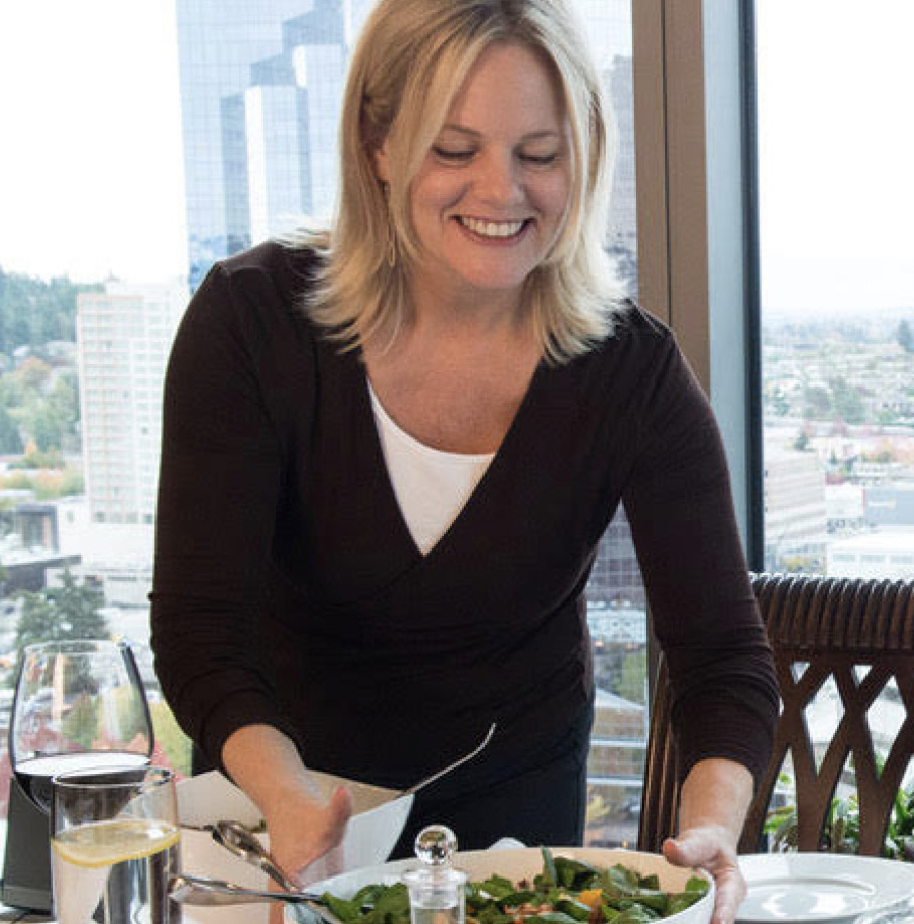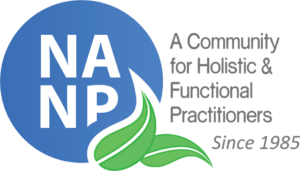
By, Danielle Brooks, NTP
One of the most common reasons clients give for eating when they’re not hungry is boredom. When there’s nothing else to do, they feel they might as well eat. This contributes to poor health and tarnishes the relationship with our self and with our food, because after all, when the candy wrapper is gone, guilt and shame usually come creeping in.
When we’re bored, our feelings have time to rise to the surface. If these feelings are uncomfortable and invoke insecurity, fear, unworthiness, loneliness, or judgment, we want to escape. Some people make a staggering effort to fill every second of every day with activities and to-do lists to avoid boredom and ensure those un-welcomed emotions never arise. Eating becomes another way to fill the time and distract our mind.
But what if our feelings held the secret to a more authentic life?
What if our feelings weren’t our enemy, but our friend? What if being bored is actually an amazing gift of time that we could use to love, be gentle with, and nurture ourselves? And what if the feelings we often try to feed, soothe, or avoid just want to be felt and let go?
We tend to go, go, go and do, do, do, with little time to reflect. But reflecting gives us the opportunity to get to know ourselves on a deeper level. Afterall, we are human-beings, not human-doings. Perhaps we were just never taught how to be bored in a positive way.
By definition, to be bored means to “feel weary because one is unoccupied or lacks interest in one’s current activity.” If this is true, then boredom may just be a gift in disguise, a gift that suggests to us we would prefer to do something more interesting and gratifying.
So, let’s explore boredom and learn to do it properly. When we as coaches and consultants learn about positive boredom, we can teach your clients to understand boredom in a new way, which can empower them to overcome emotional eating. Positive boredom allows people to explore what they really hunger for in life.
Most of the time, what they really crave is not food!
Let’s look at the difference between negative boredom and positive boredom.
Negative Boredom
Negative boredom occurs when we fill our time with tasks that do not contribute to our wellbeing or happiness, such as chastising ourselves, criticizing others, watching endless television, unconsciously scrolling through social media, or mindlessly eat. We know negative boredom all too well.
Many people have a habit of eating when there is nothing else to do, which robs them of the opportunity to experience what fills up their lives, rather than their belly.
Positive Boredom
Positive boredom, on the other hand, allows insight and inspiration to arise when we simply sit quietly with ourselves. To practice positive boredom, you humbly and consciously turn off the TV, put down the phone, and just be with yourself. It’s that easy.
- Commit to spending 15 minutes with yourself.
- Have a journal beside you and just sit with yourself.
- Capture whatever arises in your journal.
- At the end of the 15 minutes, you have on paper what you really hunger for in life, and you may even feel inspired to take action!
The first couple of minutes of quiet contemplation may be nearly unbearable. We can all endure, but the mind will resist. It doesn’t want to be still! Don’t worry, you’re not going to die! In fact, just the opposite will occur. What you are doing is creating the space for discovering something about yourself and what you want more of in life.
Promise yourself that whatever comes up, you’re not going to move for 15 minutes. Creativity is born from idle time. Boredom is that gift of time that opens the doors to inspiration and allows whatever it is that must flow through us to be born into the world.
Some of the many benefits of positive boredom include creativity, emotional attunement, and overall mental health. Equally important, this alone time gives us a chance to understand ourselves. It’s a time for reflection, introspection, and exploration. So then, what is the difference between “boredom” and “relaxation?” It’s not what’s going on outside; it’s what’s going on inside.
When I am bored and sit with myself… and wait, what usually arises is the urge to write, meditate, create a tool or tactic that helps my clients eat intuitively and strengthen their mindset. This reveals something about the essence of who I am.
If you had the chance to be bored in the positive sense, what would you be inspired or compelled to do? What would it say about the essence of who you are? How could positive boredom help your clients?
When you’ve tried this exercise, let me know what you discover! I love hearing what people really hunger for!
About Danielle Brooks
Author of “Good Decisions… Most of the Time,” Danielle is a best selling author, a nutritional therapist, a clinical herbalist, an expert on emotional eating, a professional speaker, and founder of Lake Washington Wellness Center.
She founded her wellness center in 1994 and has worked in the health care field for over two decades.
Danielle is a member of The American Herbalists Guild, NTA, NANP, and the Association of Washington Business.
She launched Good Decisions Finally Free™ in 2019 with the intention to be a sun that lights a thousand suns for global impact. She currently teaches nutritional practitioners how to overcome their blocks to success and teach others how to overcome emotional eating and step into their personal power. She hopes to elevate global consciousness and evolve how we relate to food and our bodies.
